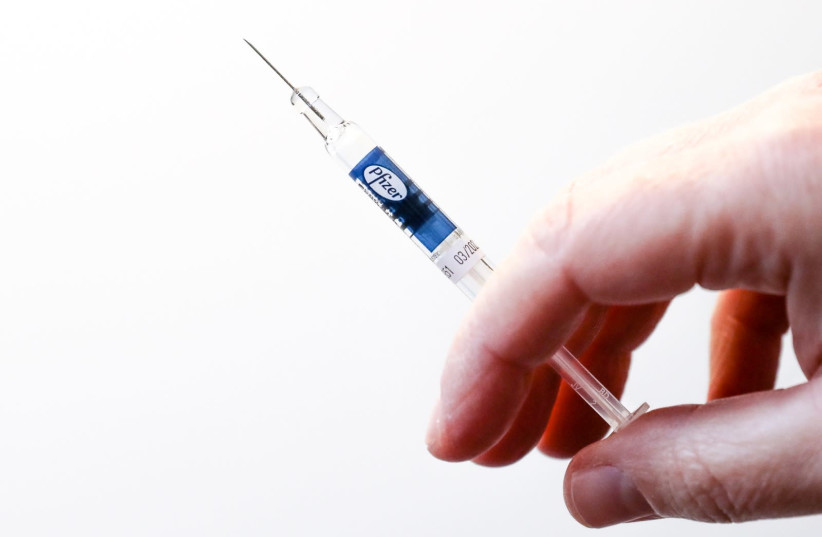The study by Pfizer and scientists at the University of Texas Medical Branch (UTMB), which has not yet been peer-reviewed, showed a less than two-fold reduction in antibody titer levels, indicating that the vaccine would likely be effective in neutralizing a virus with the so-called E484K and N501Y mutations found in the South African variant.
While these findings do not indicate the need for a new vaccine to deal with emerging variants, Pfizer and BioNTech are prepared to answer whether a variant of SARS-CoV-2 shows evidence of escape from immunity by the COVID-19 vaccine, said companies .
Scientists are currently developing a virus with the full set of mutations and hope to have results in about two weeks, according to Pei-Yong Shi, study author and professor at UTMB.
The results are more encouraging than another study not reviewed by Columbia University scientists on Wednesday, which used a slightly different method and showed that the antibodies generated by the injections were significantly less effective against the South African variant.
One possible reason for the difference may be that Pfizer’s findings are based on a modified coronavirus, and the Columbia study used a pseudovirus based on the vesicular stomatitis virus, a different type of virus, said UTMB’s Shi. He said he believed the pseudovirus discovery should be validated using the real virus.
cnxps.cmd.push (function () {cnxps ({playerId: ’36af7c51-0caf-4741-9824-2c941fc6c17b’}). render (‘4c4d856e0e6f4e3d808bbc1715e132f6’);});
if (window.location.pathname.indexOf (“656089”)! = -1) {console.log (“hedva connatix”); document.getElementsByClassName (“divConnatix”)[0].style.display = “none”;}
The study also showed even better results against several major mutations of the highly transmissible British variant of the virus. Shi said they were also working on a modified virus with the full set of mutations for that variant.
